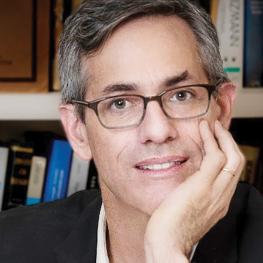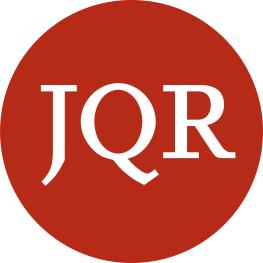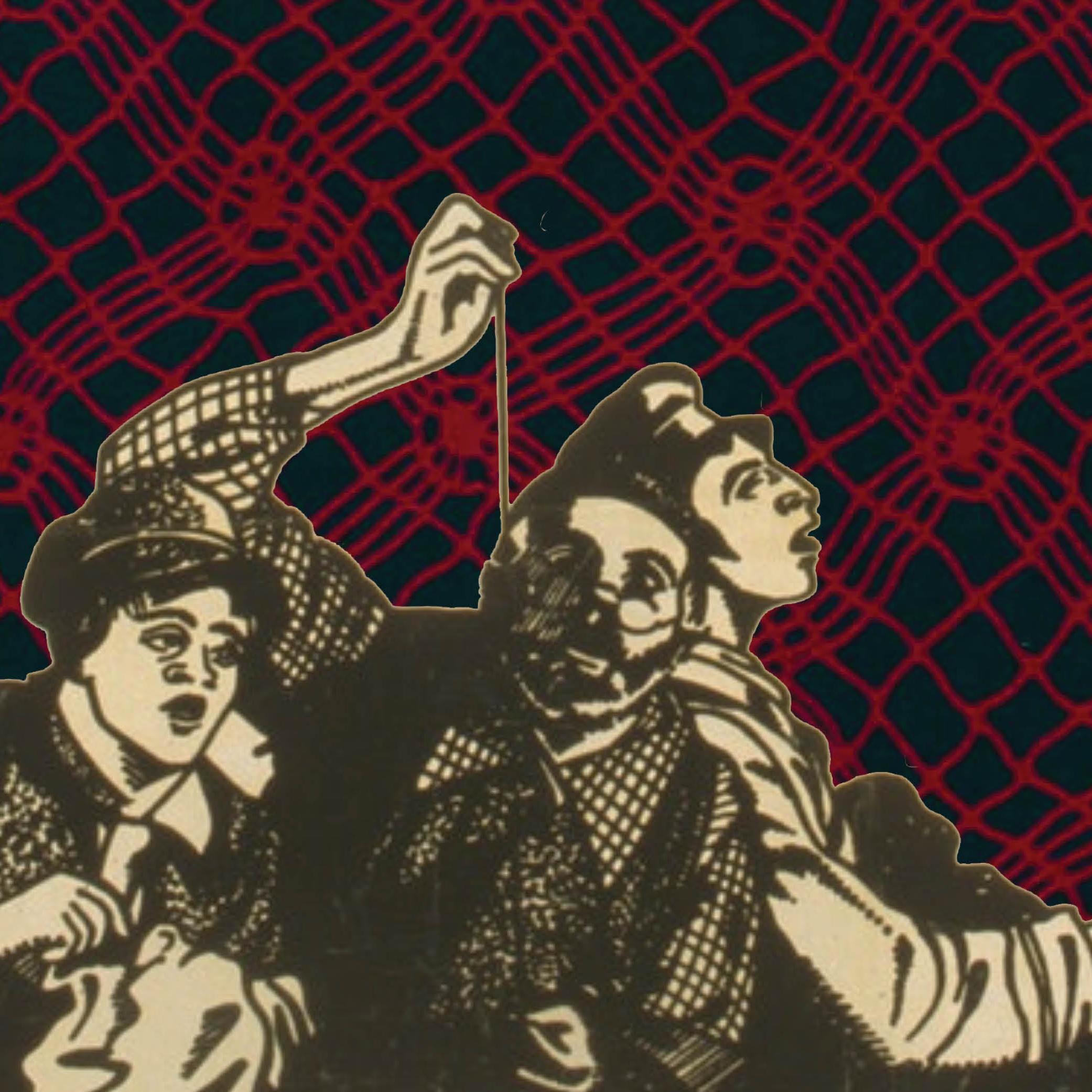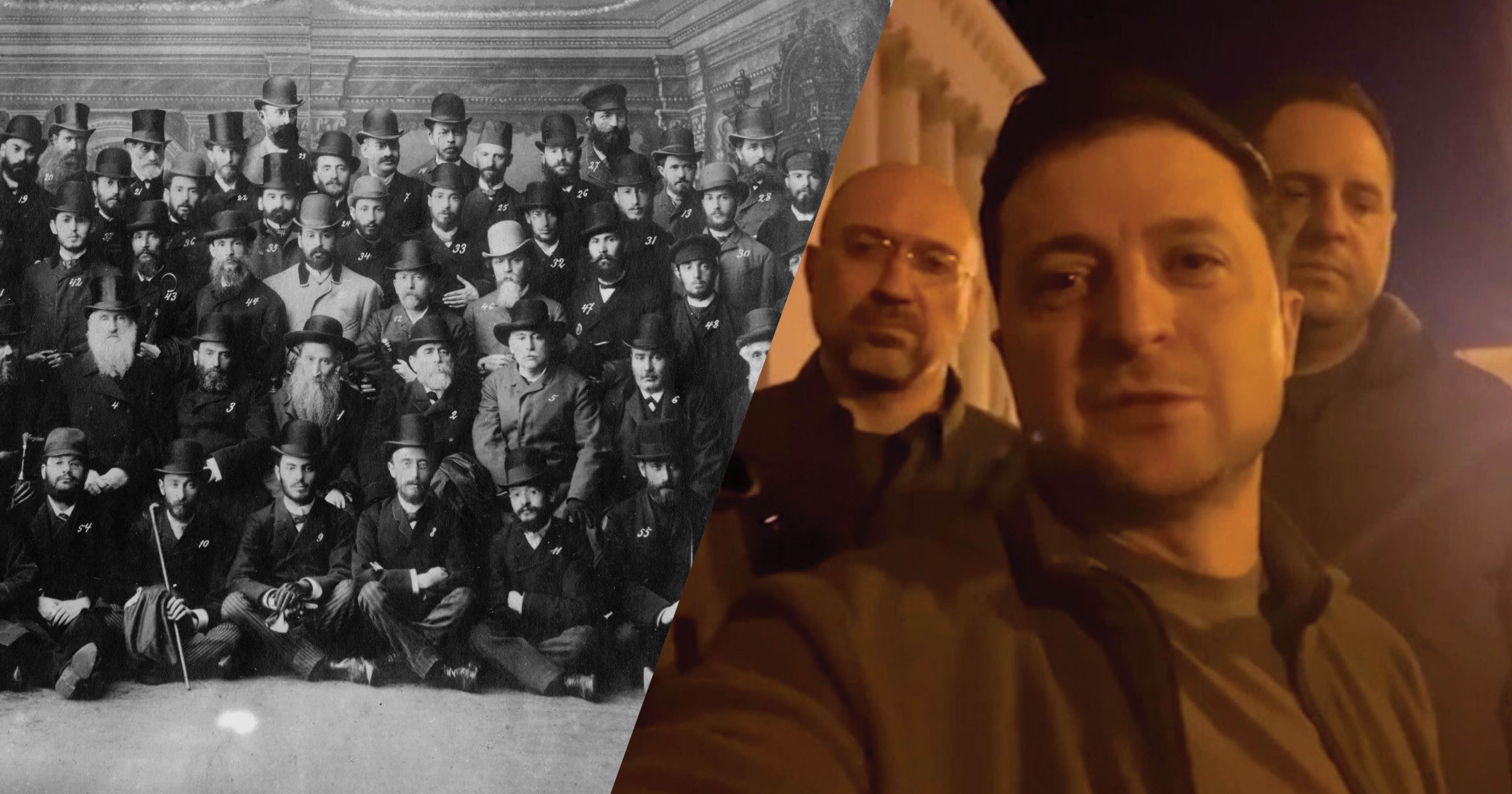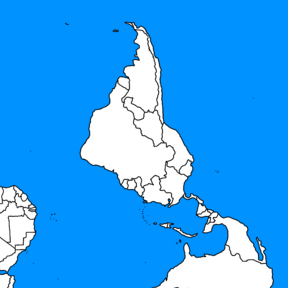The State of Eastern European Jewish Studies
Read about the forum featured in the current issue of JQR.
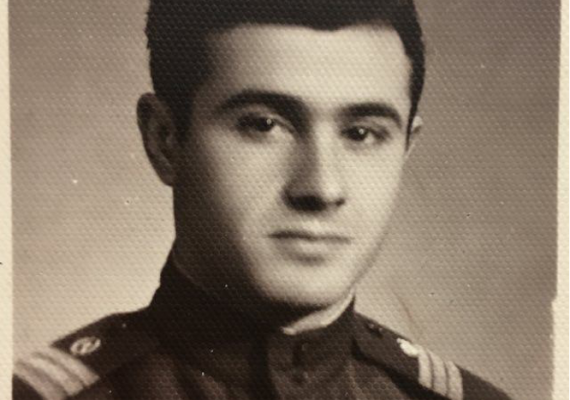
Viktor Kelner as a Soviet border guard, ca. 1965. Photo from the personal collection of V. E. Kelner.
One of the distinctive features of the Jewish Quarterly Review over the past seventeen years—from the time that the brilliant and dearly departed Elliott Horowitz and I became coeditors—has been our reliance on the mode of the forum to debate, revisit, and probe. Our first forum in 2004 brought together a diverse trio of scholars, Robert Bonfil, Gavriel Rosenfeld, and Sister Carol Rittner, to analyze Daniel Goldhagen’s book A Moral Reckoning: The Role of the Catholic Church in the Holocaust and Its Unfulfilled Duty of Repair. Their critical and often sharp reflections inaugurated a new tradition and created a place of honor for the forum in JQR. Since that time, we have taken up many trends, themes, books, and scholars in our fora; they allow for more supple and compact engagement with scholarship in the field of Jewish studies than full-length articles.
In the last few issues, we have begun to utilize the forum as a means of exploring the wide world of Jewish studies scholarship in different geo-cultural settings. There is a certain ambiguity in our formulation that, in all honesty, we were not fully mindful of initially. That is, we did not clarify whether we meant scholarship produced in or about those distinct geo-cultural settings. The fact is that we mean both. We are interested in how a particular space within the wider field of Jewish history has been represented in scholarship. And we are interested, as Marcin Wodziński exemplifies in his bibliometric essay on Eastern European Jewish scholarship in this issue, where and by whom research in a given area is produced.
This kind of exercise, we hope, can shed light both on the subjects and on the objects of research in the field of Jewish studies. The kinds of reflections we invite vary in scope and disposition, ranging from the “micro” to the “macro” and even on to the “meta.” In JQR 111.1 (Fall 2021), such a forum explored Jewish studies and cultural production in Latin America by asking seven scholars to choose a character from the past who illuminated their own research paths. (A round table discussion appeared here on the blog as a companion to the published forum.)
The present forum pivots to Eastern Europe, home to what was the world’s largest population of Jews until the Holocaust. As such, Eastern Europe was the site of extraordinary scholarly and cultural creativity in a mix of Jewish and non-Jewish languages. Among the devastating losses of the Nazi genocidal assault was the eradication of this remarkable space of multilingual creativity. Recent decades have seen two important developments that animate the authors in this forum: the reemergence of Jewish studies scholarship in Russia and Poland—stimulated by often heroic individuals who emerged from the shadows of Communism—and growing post-Communist contestation and dispute over the sites of memory on which Jews lived and created.
The call to forum contributors asked them to address in concise fashion an important moment, piece of scholarship, or personality that has been important to this field of research. The first group of essays takes up a diverse group of key Eastern European personalities covering over a century. Israel Bartal reaches back to a foundational figure of the early twentieth century, Simon Dubnov, and examines the surprising reception and afterlife of the historian and Autonomist in the Zionist worlds of Mandate Palestine and the State of Israel. Ellie Schainker excavates the fascinating story of master archivist Benyamin Lukin, who played a central role in unearthing critical sources related to Russian Jewish history already in pre-1989 Leningrad, later in post-Soviet St. Petersburg, and finally in Jerusalem as head of the Eastern European section of the Central Archives of the History of the Jewish People. Benjamin Nathans offers a touching tribute to a dear Russian friend and mentor, Viktor Yefimovich Kelner, who, after 1989, abandoned the study of British labor history to devote himself to building up an archive of Russian Jewish history, which he himself began to study and master; Kelner’s biography of Dubnov remains one of the best studies ever written of his famous Russian Jewish forebear.
As a transition between the first and second batches of essays, Geneviève Zubrzycki focuses on a figure, Jan Gross, and a larger domain of memory related to postwar Poland. She analyzes the “narrative shock” that Gross’s book Neighbors caused in 2000 in Poland and follows the wide and disturbing oscillations of its post-Communist reckoning with the past. Erica Lehrer also traverses the post-Communist landscape of memory in Poland but trains her gaze on those scholars who devote themselves to studying the “unquiet places” where Jews once lived and, in some instances, were murdered. Natalia Aleksiun offers an important and somewhat counterintuitive call to recognize the important role that Holocaust studies can play in the study of Polish Jewish history and culture by bringing to the fore key questions of continuity versus rupture and contextualization.
The last two essays in the forum focus on important motifs in contemporary scholarship on Eastern European Jews and Judaism. ChaeRan Freeze calls attention to the “affective revolution” that has recovered love from its erstwhile status as a flattened platonic ideal usually reserved for revered rabbis or books. She engages recent books by Olga Litvak and Naomi Seidman to unearth a different understanding of love in Eastern European Jewish culture and literature—one expressive of a more sexualized, erotic, and queer set of affective sensibilities. Meanwhile, in the final essay in the forum, Wojciech Tworek moves from a microanalysis of Hasidic studies to a metacritique of the larger field of Eastern European Jewish studies of which it is part. His cri de coeur scores the insularity, exclusionary impulses, and over-wrought identitarianism of both Hasidic studies and Eastern European Jewish studies. Their lack of engagement with non-Jewish Eastern European history and culture is paralleled, he notes in a touching personal observation, by a lack of engagement with and receptivity to non-Jewish scholars. The questions he raises about center and periphery, scholarship and identity, and text and context reflect particularities in the study of Eastern European Jewish culture—but also open up a conversation about the field of Jewish studies at large.
A final note: this issue went to press in the midst of Russia’s brutal invasion of Ukraine in late March 2022, an event that we also marked with an online forum on Ukrainian Jewish history. The invasion, still ongoing, makes clear not only the dynamics of history—whereby erstwhile Ukrainian villains become present-day heroes—but also the oft-forgotten importance of Eastern Europe as the site of profound historical action and change.
